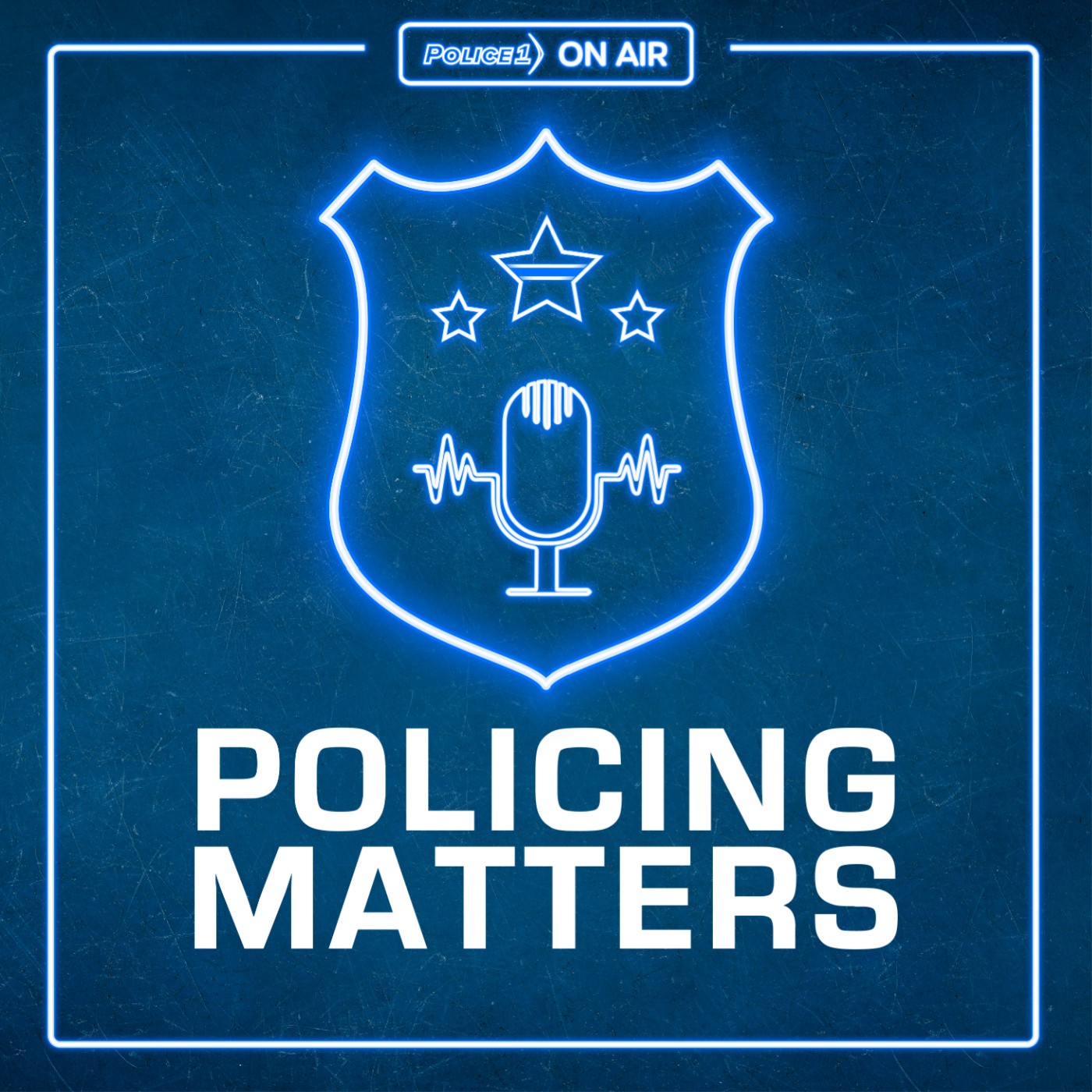
Talking the beat to cover what matters to you as an LEO. Join deputy chief Jim Dudley (ret.) every weekly as he sits down with law enforcement leaders and criminal justice experts to discuss strategy, challenges and trends in policing.
Talking the beat to cover what matters to you as an LEO. Join deputy chief Jim Dudley (ret.) every weekly as he sits down with law enforcement leaders and criminal justice experts to discuss strategy, challenges and trends in policing.
Episodes
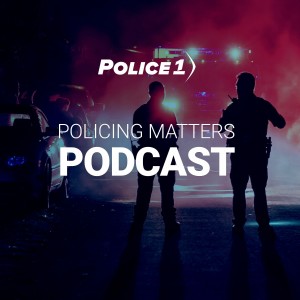
Wednesday May 26, 2021
How tech can improve in-custody health monitoring
Wednesday May 26, 2021
Wednesday May 26, 2021
Once an individual is taken into custody it is the responsibility of officers to protect and ensure the well-being of that person. It is common for offenders to have pre-existing medical conditions, general poor health, or be under the influence of alcohol or drugs. However, these conditions may not be apparent until it is too late. Even medical pre-screenings may not give us the full picture of an incarcerated person’s health outlook. In this episode of Policing Matters, host Jim Dudley speaks with John DeFalco, CEO of 4Sight Labs in Silicon Valley, who has brought together a team of artificial intelligence engineers, law enforcement and military veterans to build public safety solutions. The company’s “Custody Protect” device aims to monitor custodies in real-time to alert officers of any health emergencies.
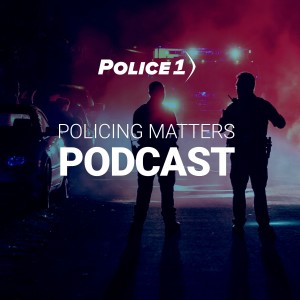
Thursday May 20, 2021
The toughest job in law enforcement: Investigating online child sexual exploitation
Thursday May 20, 2021
Thursday May 20, 2021
Megan Kanka, Adam Walsh, Polly Klass, Jacob Wetterling – these are names you should know. They are children who were abducted, assaulted and murdered, even before the ubiquity of the internet and world wide web. There have been countless other children and youth who have become victims of sexual offenders and online predators via the internet. Are we doing enough to protect our children from the risks they face online? The Internet Crimes Against Children Task Force (ICAC Program helps state and local law enforcement agencies develop an effective response to technology-facilitated child sexual exploitation and internet crimes against children. This assistance encompasses forensic and investigative components, training and technical assistance, victim services, and community education. On this episode of Policing Matters, host Jim Dudley speaks with a hero in the fight to track and bring sexual offender predators to justice, one of the toughest jobs in law enforcement. Michael Sewall has been an ICAC investigator for the past eight years with the Winnebago County Sheriff’s Office in Oshkosh, Wisconsin. He helped revolutionize online undercover work through exploiting new avenues and personas that have resulted in hundreds of child enticement, child pornography and child sexual assault arrests both domestic and abroad.
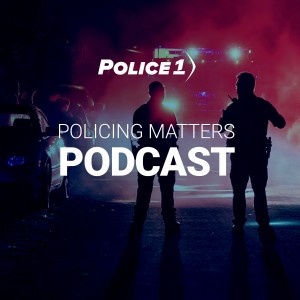
Thursday May 13, 2021
Dr. Frank Straub on the LAPD response to George Floyd protests
Thursday May 13, 2021
Thursday May 13, 2021
The National Police Foundation (NPF) recently released a report of its independent assessment of the Los Angeles Police Department’s response to mass demonstrations, protests and First Amendment assemblies that occurred between May 27, 2020, and June 7, 2020 in the City of Los Angeles. In this episode of Policing Matters, host Jim Dudley chats with lead author of the report, Frank Straub, Ph.D., Director of the Center for Mass Violence Response Studies at the National Police Foundation, about key findings of relevance to all agencies as they review their protest response policies and training.
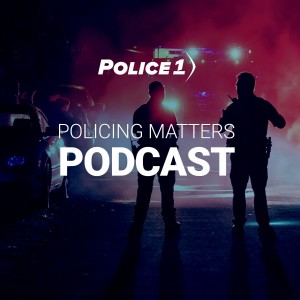
Thursday May 06, 2021
Coffee with a Criminalist: New podcast highlights the work of forensic scientists
Thursday May 06, 2021
Thursday May 06, 2021
Combining their passion for forensic science with their love for educating the public about their jobs, criminalists Brittney Chilton (Bodean) and Darby Stienmetz from the Washoe County (Nevada) Sheriff's Office Forensic Science Division came up with an idea for a podcast that would explain forensics in an easy-to-understand way. On this episode of Policing Matters, host Jim Dudley chats with Brittney and Darby about their podcast, “Coffee with a Criminalist,” which aims to take listeners on an audio tour of forensic science in Northern Nevada while highlighting notable true crime cases.
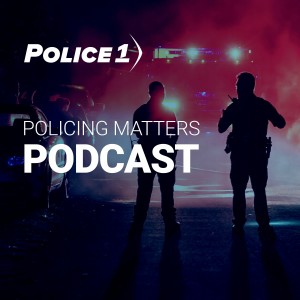
Thursday Apr 29, 2021
How CALEA accreditation could benefit your agency
Thursday Apr 29, 2021
Thursday Apr 29, 2021
The Commission on Accreditation for Law Enforcement Agencies, Inc. (CALEA), was created in 1979 as a credentialing authority through the joint efforts of law enforcement’s major executive associations. The Law Enforcement Accreditation process focuses on standards that provide best practices related to life, health and safety procedures for the agency. In this episode of Policing Matters, host Jim Dudley chats with Major Steve Runge, the assistant chief of police at Berkeley Police Department in Berkeley, Missouri, where he served as the CALEA Accreditation Manager for six years, about the benefits of accreditation for law enforcement agencies. For more information on CALEA, visit https://www.calea.org.
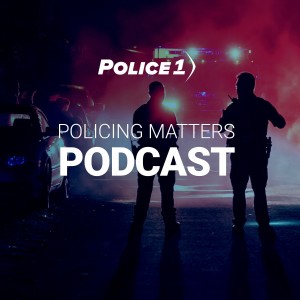
Thursday Apr 22, 2021
How the 30x30 initiative aims to advance women in policing
Thursday Apr 22, 2021
Thursday Apr 22, 2021
There are approximately 173,000 women in American law enforcement today, but that only represents about 12% of all LEOs. The 30x30 Initiative aims to address this imbalance and is challenging police departments nationwide to recruit classes of at least 30% women by 2030. In this episode of Policing Matters, host Jim Dudley chats with the co-founders of the 30x30 Initiative, Ivonne Roman, former chief of Newark (NJ) Police Department, and Maureen McGough, chief of staff at the Policing Project at the NYU School of Law, about how the initiative aims to assist departments in recruiting more female officers.
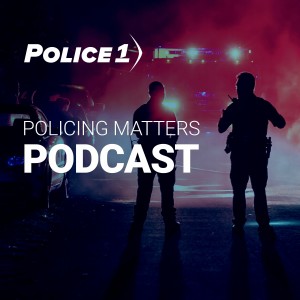
Thursday Apr 15, 2021
Meet Ernie & Joe, the crisis cops behind the HBO documentary
Thursday Apr 15, 2021
Thursday Apr 15, 2021
Ernie & Joe: Crisis Cops is an HBO documentary showcasing the efforts of two Texas police officers who are helping change the way police respond to mental health calls. The film takes audiences on a personal journey, weaving together these two officers' experiences during their daily encounters with people in crisis as part of the San Antonio Police Department’s Mental Health Unit. In this episode of Policing Matters, host Jim Dudley talks to Ernie Stevens and Joe Smarro about the origins of the Mental Health Unit, how the documentary came about and how law enforcement agencies can best tackle the mental health crisis in their communities.
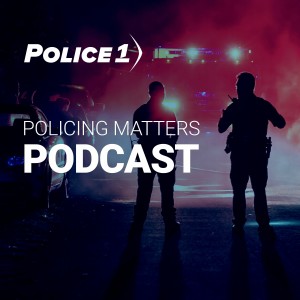
Thursday Apr 08, 2021
Understanding the fallacies behind the normalization of drug use
Thursday Apr 08, 2021
Thursday Apr 08, 2021
By now, everyone has told us how the war on drugs has failed so miserably. Drug advocates have convinced lawmakers and voters in some states that our only way out of our drug problems is by legalizing drugs. Some areas of the country have adopted harm reduction policies to allow for illegal or illicit drug-related behavior in order to minimize risks to the greater communities. Yet clearly those strategies leave much to be desired with drug overdose fatalities at all-time highs across America. What is the answer? That is the question our Policing Matters host Jim Dudley poses to this week’s guest, district attorney Brian Surber, who has prosecuted thousands of narcotics cases and recently authored Injustice for All: The (Familiar) Fallacies of Criminal Justice Reform.
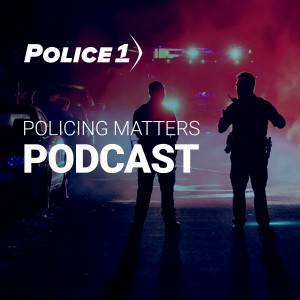
Thursday Apr 01, 2021
Using tech to build culture: New communication app connects cops and their chiefs
Thursday Apr 01, 2021
Thursday Apr 01, 2021
Communication within an organization is critical, but especially so within law enforcement, where leadership and command must convey crucial information to their officers on the street. But cops are bombarded daily with memos, bulletins and orders, so how can we make a connection that seems more personal? In this episode of the Policing Matters podcast, host Jim Dudley speaks with Tim Paul, co-founder and CEO of The Critical App, a messaging application that ensures leaders stay connected with all of their personnel at every location to instantly share news and updates, identify urgent issues and build the right culture for their department.
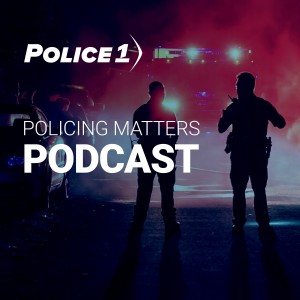
Thursday Mar 25, 2021
Why code enforcement matters
Thursday Mar 25, 2021
Thursday Mar 25, 2021
The Broken Windows theory, introduced by George Kelling and James Wilson in 1982, and the tenets of Crime Prevention Through Environmental Control (CPTED), demonstrate the need to address disorder, blight and low-level environmental disruption as a deterrent from larger crimes and gathering points for criminal activity. Code enforcement officers are an invaluable part of preventing those environmental disruptions from coming to fruition. In this episode of the Policing Matters podcast, host Jim Dudley speaks with Code Enforcement Manager Justin Edson, who serves as president of the Code Enforcement Officer Safety Foundation, about how law enforcement can collaborate with code enforcement officers to address crime prevention, plus the safety risks facing code enforcement officers.
